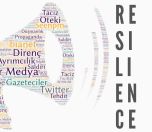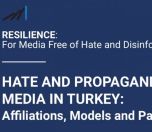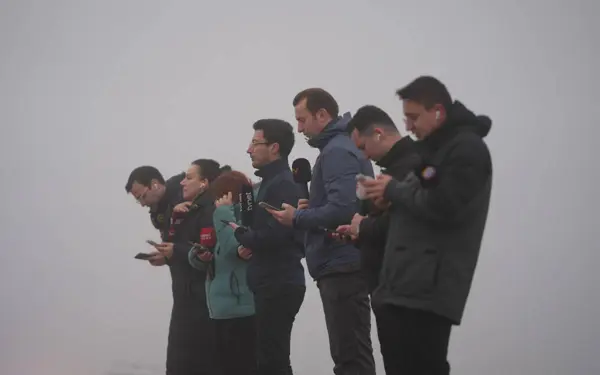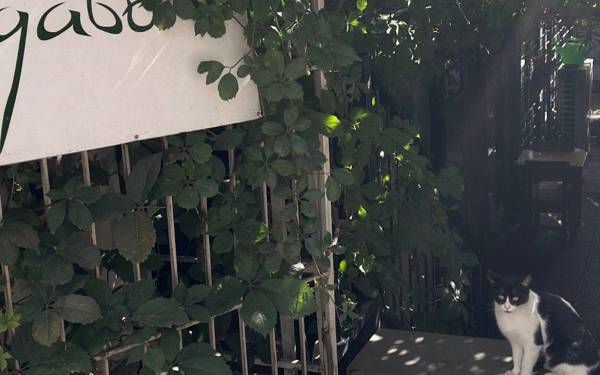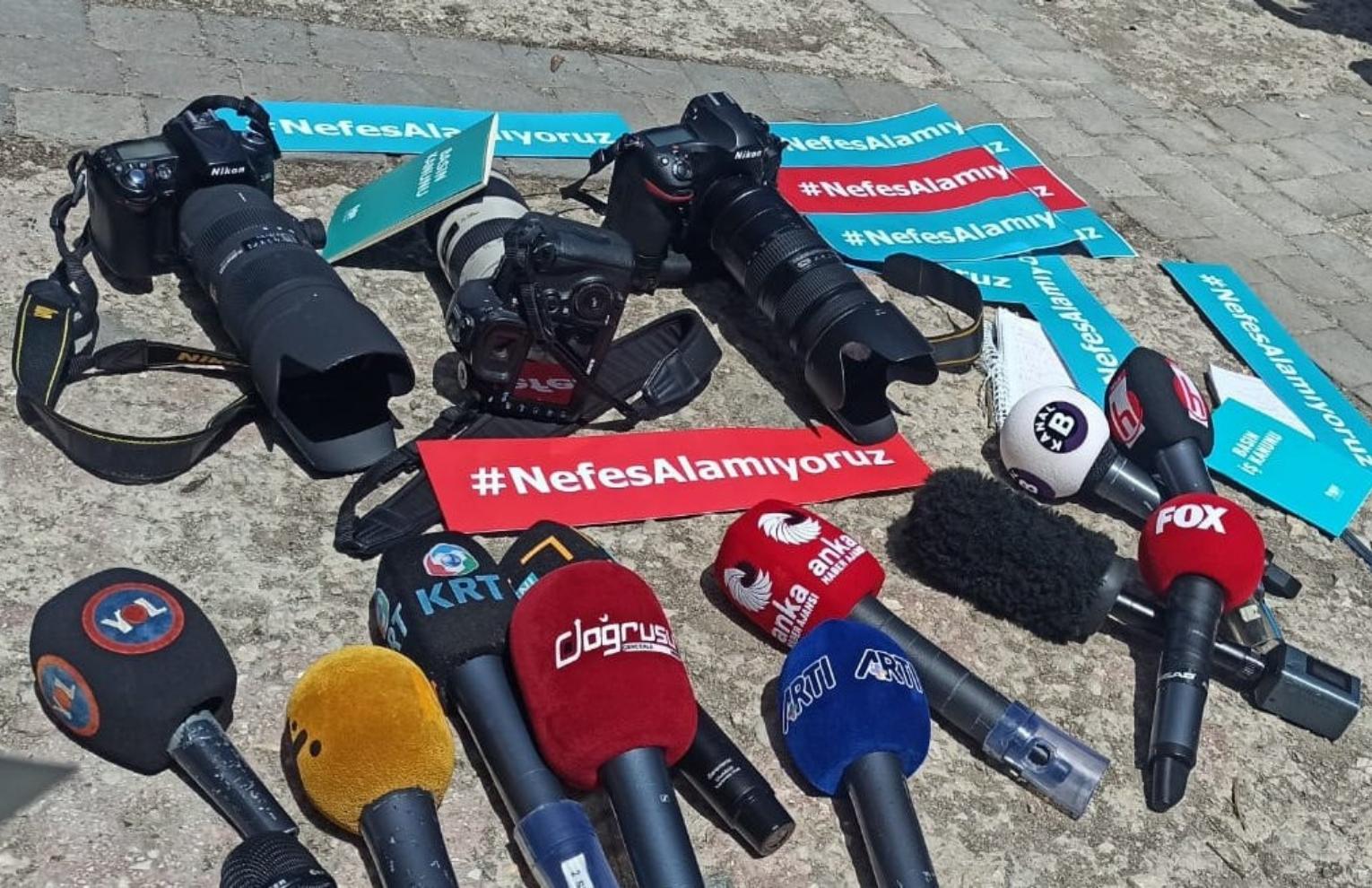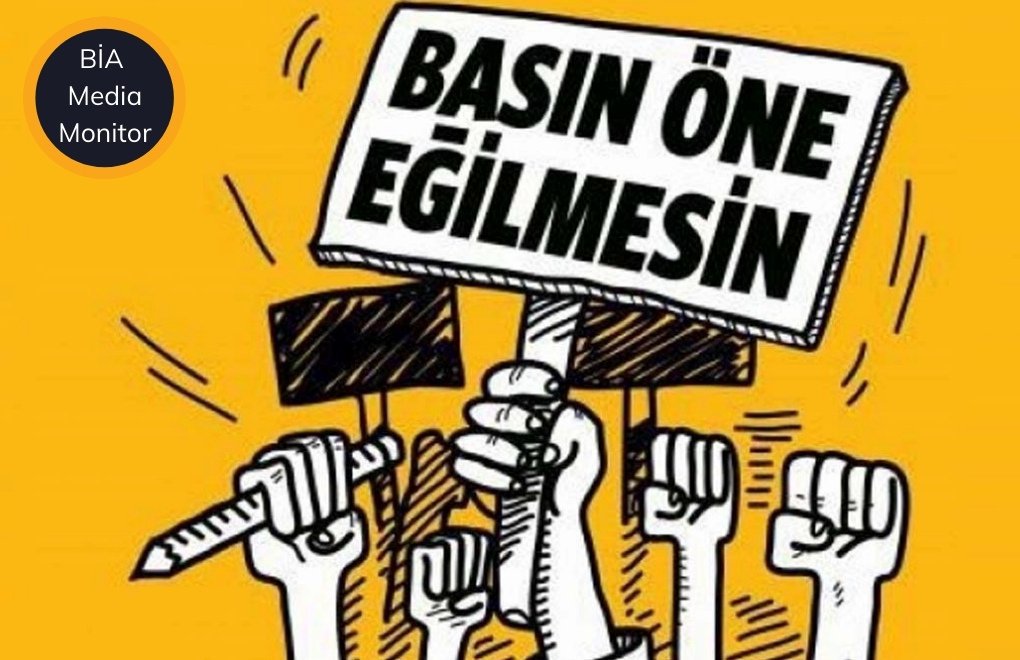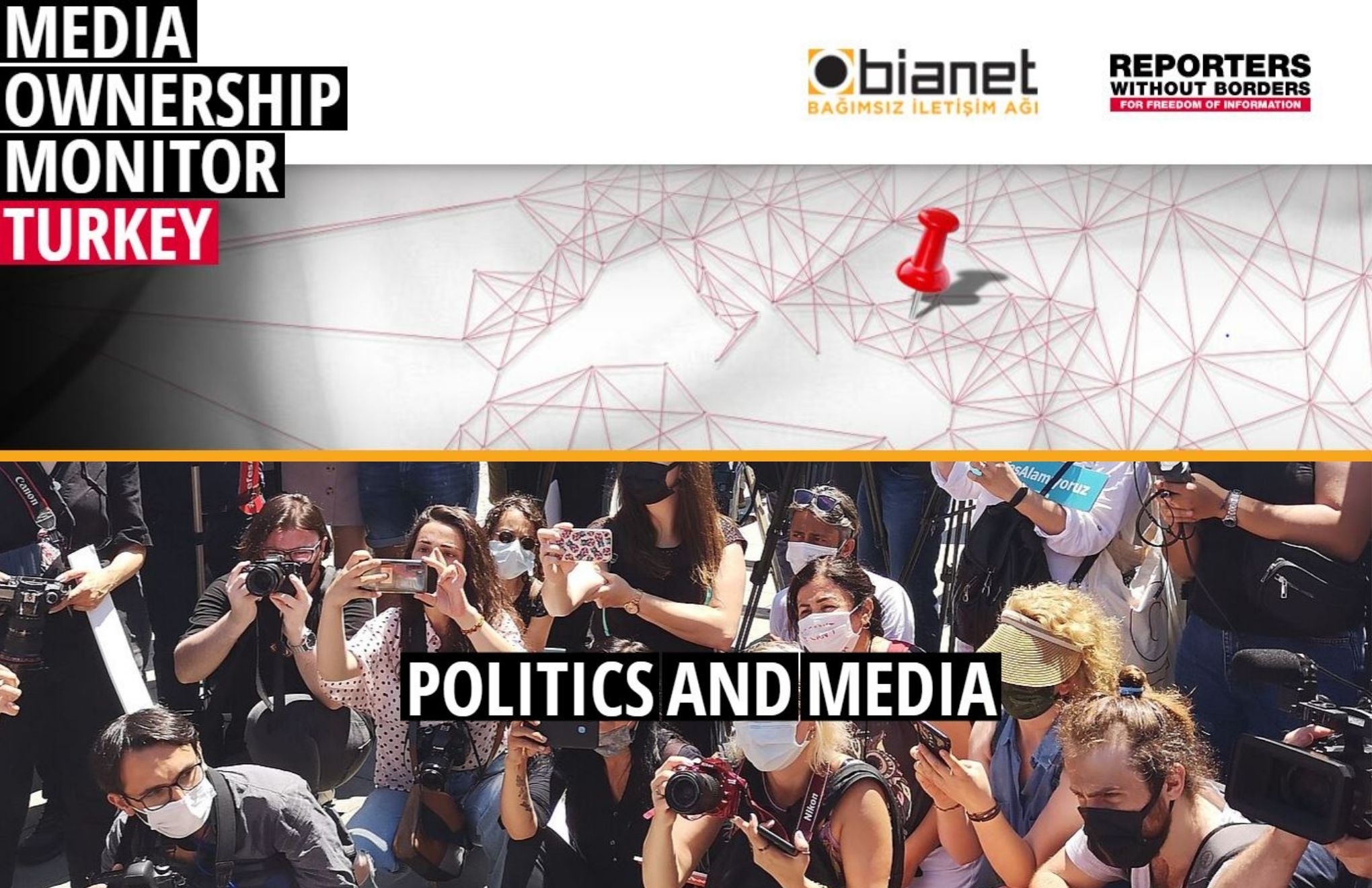Click to read the article in Turkish
A new report, or factsheet, has been published as part of the "Resilience" project, one of the partners of which is bianet/IPS Communication Foundation. The report offers a summary of the legal framework pertaining to hate speech and disinformation in Turkey, draws attention to the practices of "Equality" institutions such as the Human Rights and Equality Institution of Turkey (TİHEK), gives an idea about the adequacy of the legal framework and makes policy recommendations.
Resilience Project
"RESILIENCE: Civil society action to reaffirm media freedom and counter disinformation and hateful propaganda in the Western Balkans and Turkey" project is s coordinated by the South East European Network for Professionalization of Media (SEENPM), a network of media development organizations in Central and South East Europe.
The project is implemented in partnership with Albanian Media Institute in Tirana, Foundation 'Mediacentar' in Sarajevo, Kosovo 2.0 in Pristina, Montenegro Media Institute in Podgorica, Macedonian Institute for Media in Skopje, Novi Sad School of Journalism in Novi Sad, Peace Institute in Ljubljana, and IPS Communication Foundation/ bianet in Istanbul.
We published two reports on hate speech in Turkey in 2020 as part of the Resilience project. In the first report, we offered a summary of "Hate and Disinformation Narratives in the Online Mediascape in Turkey". In the second report, we gave examples of "Hate and Propaganda Media in Turkey" and drew attention to some policy recommendations.
"The Factsheet on the National Regulatory and Self-Regulatory Framework Against Hate Speech and Disinformation in Turkey", the third and most recent report that we have published in English as part of the project, elaborates on some legal regulations "regarding" hate crimes and hate speech in Turkey (namely the Turkish Penal Code/TCK Article 122, TCK Article 125 and TCK 126). In doing this, the factsheet also draws attention to how narrowly hate speech is defined in the country's legal framework as well as the legal loopholes that arise in this context.
In the report, we also exemplify against which specific groups (such as journalists, LGBTI+s, etc.) institutions such as the TİHEK and some laws pertaining to hate crimes (such as TCK 126) are used.
Legal framework
As a basis for our factsheet, we cite a series of up-to-date reports, including the "Special Report on Hate Crimes and Recent Racist Attacks in Turkey" released by the Human Rights Association (İHD) in September 2020, the European Union (EU) Commission Turkey 2020 report and the "Country Report on Non-discrimination (Turkey 2020)", which was authored by Assoc. Prof. Ulaş Karan and published by the European Commission.
While the factsheet refers to the legal provisions attributed to hate speech in Turkey, we also give some examples as to how the related laws are enacted in specific cases (LGBTI+s, Kurds, Alevis).
Under the heading of media and regulatory institutions, we cite examples from the execution areas of the Law no. 6112 on the Radio and Television Supreme Council (RTÜK). In the report, we note that the Law No. 5651 on the Regulation of Publications on the Internet and Combating Crimes does not have an article on online hate speech. In the report, one can also find examples where the crime ends in impunity as per the Article 216 of the TCK when penal sanctions against hate speech are arbitrary and when the rights of disadvantaged groups are concerned.
In giving examples from the anti-democratic practices of the RTÜK and its fines on critical media, we also address the discriminatory attitude of institutions such as the TİHEK towards LGBTI+s and the failure of the institution to accept the application about the Diril family.
We note in the report that the attitude of the judicial bodies towards hate speech and hate crimes is generally not in favor of protecting minority groups, indicating that they restrict freedom of expression by restricting the statements in favor of protecting minority identities.
Disinformation
In mentioning the absence of a legal regulation on disinformation in Turkey, we refer to some reports such as the 2016 report of the European Commission against Racism and Intolerance (ECRI).
Our report also notes that Penal Judgeships of Peace may decide to block access to content or remove it by citing the crimes listed under Articles 8 and 9 of the Law No. 5651 on the Regulation of Publications on the Internet and Combating Crimes. At this point, the report emphasizes that "in those articles, there is no clear definition of disinformation."
The report also brings up the following "developments" in Turkey:
As of August 2021, the Justice and Development Party (AKP) government was working to introduce prison sentences for "disinformation" and "misinformation" on social media and to establish a regulatory state body for social media platforms called the "Presidency of Social Media."
In March 2021, President and ruling AKP Chair Recep Tayyip Erdoğan unveiled a "human rights action plan" consisting of 11 principles. "Increasing the Effectiveness of the Fight against Hate Speech and Discrimination" is also among the goals set under the Action Plan, promising a concrete step to introduce a new provision to the Turkish Penal Code in regard to discrimination and hate crimes. As of September 2021, nothing has been implemented in respect of "the plan".
In February 2021, the Presidential Communications Directorate mentioned a state verification platform named "Is It Real?" that offers "correct versions" of news developments for national and international audiences.
In citing these in our report, we also refer to the International Press Institute (IPI) report, which raised concerns that these might be moves designed to have a firmer grip on free online media in Turkey.
Finally, concluding the report, we reiterate a series of policy recommendations such as ensuring that the current legislation includes a direct expression of hate speech and expands the scope of hate speech in terms of person and subject as much as possible. We also emphasize that the anti-discrimination state bodies should focus on protecting the human rights of the most vulnerable groups, broadening legal protection and eliminating the hierarchy between discrimination grounds.
You can have detailed information about the project here.
Click here for the first report.
Click here for the second report.
RESLIENCE PROJECT
Author: Sinem Aydınlı
Editor: Brankica Petković
Publishers: bianet, İstanbul, SEENPM, Tirana, Peace Institute, Ljubljana
(SA/NÖ/SD)





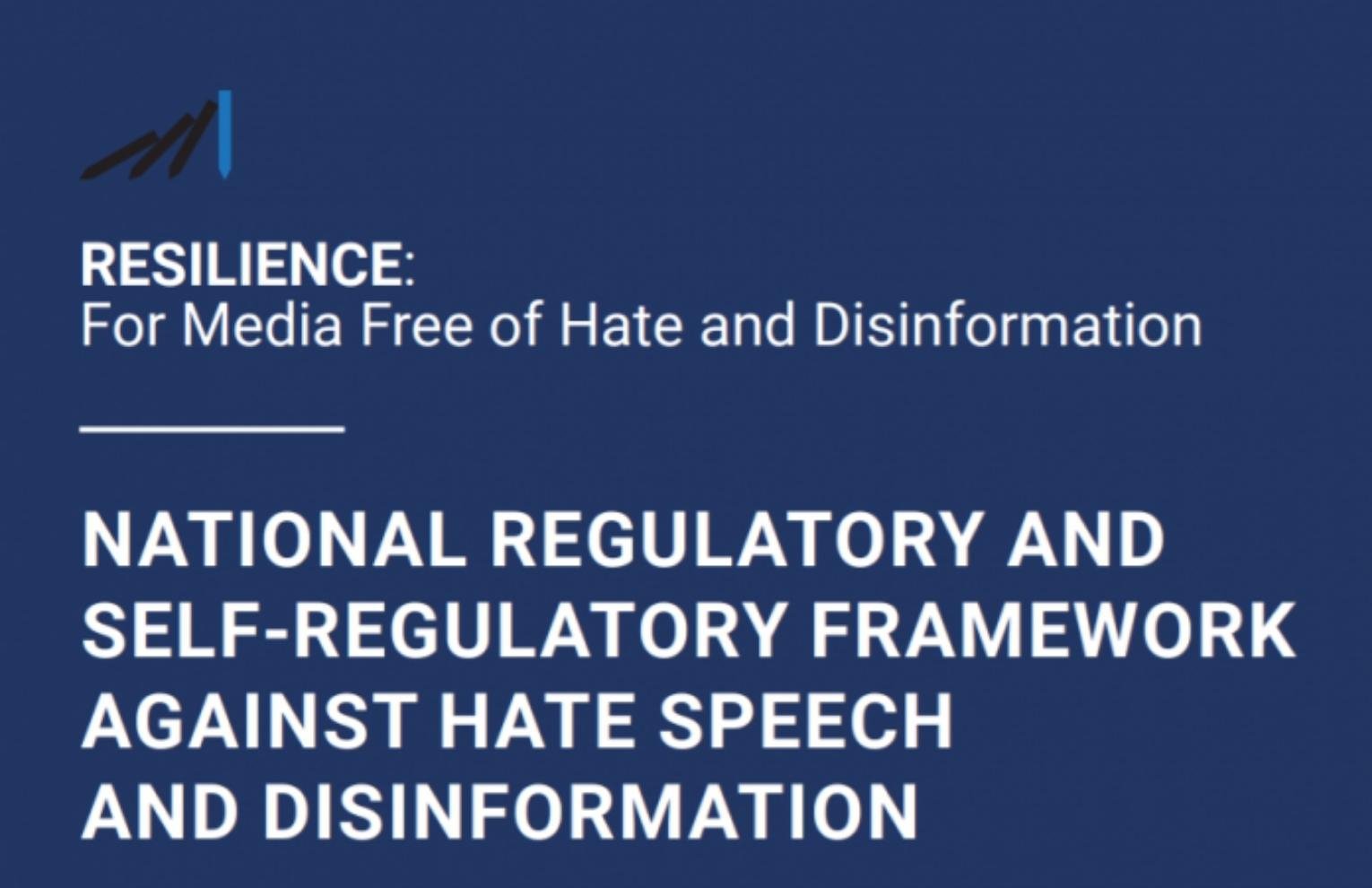
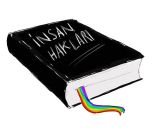
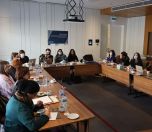
.jpg)
as.jpg)
